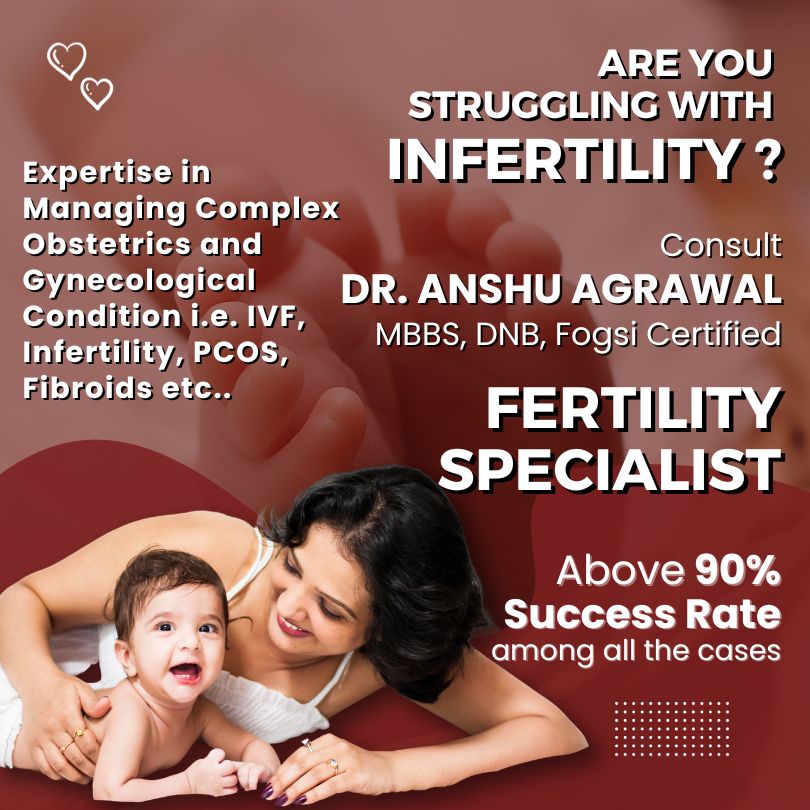Endometriosis: Endometriosis is a condition in which the tissue that lines the uterus (endometrium) grows outside the uterus, typically on the ovaries, fallopian tubes, or other pelvic structures. The displaced endometrial tissue responds to hormonal changes and can cause inflammation, scarring, and adhesions.
Symptoms of endometriosis can include:
- Pelvic pain or cramping, which may worsen during menstruation
- Painful intercourse
- Painful bowel movements or urination during menstruation
- Excessive menstrual bleeding
- Infertility
Endometriosis is a chronic condition, and its management focuses on symptom relief and improving fertility if desired. Treatment options include:
- Pain medication: Over-the-counter pain relievers or prescription medications may be used to manage pain associated with endometriosis.
- Hormonal therapy: Hormonal medications, such as birth control pills, progestins, or gonadotropin-releasing hormone (GnRH) agonists, can help regulate hormone levels and reduce symptoms.
- Surgery: Laparoscopic surgery can be performed to remove endometrial growths, scar tissue, or adhesions. In severe cases, a hysterectomy with removal of the ovaries may be considered.
It’s important for individuals experiencing symptoms of fibroids or endometriosis to consult with a gynecologist. They can evaluate the symptoms, perform appropriate tests or imaging, and recommend an individualized treatment plan based on the specific circumstances and goals of the patien


